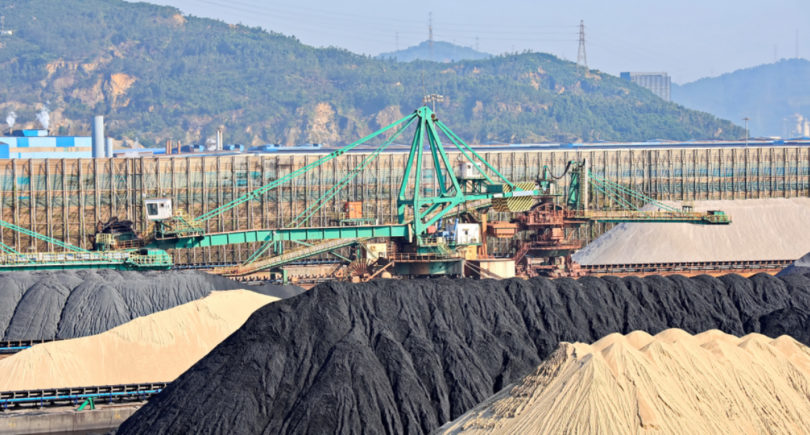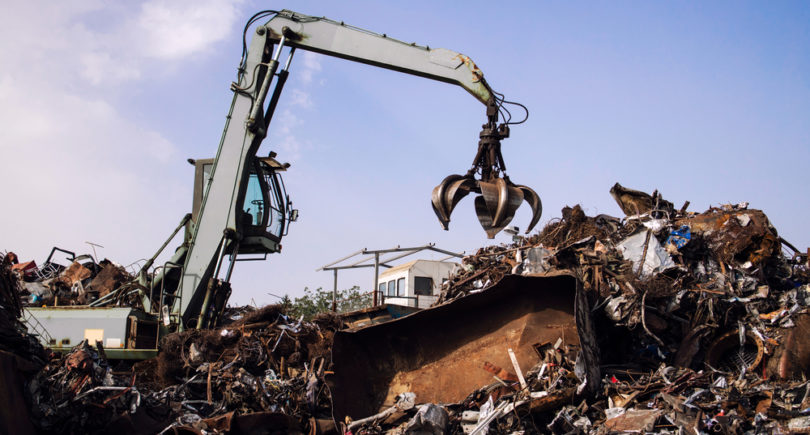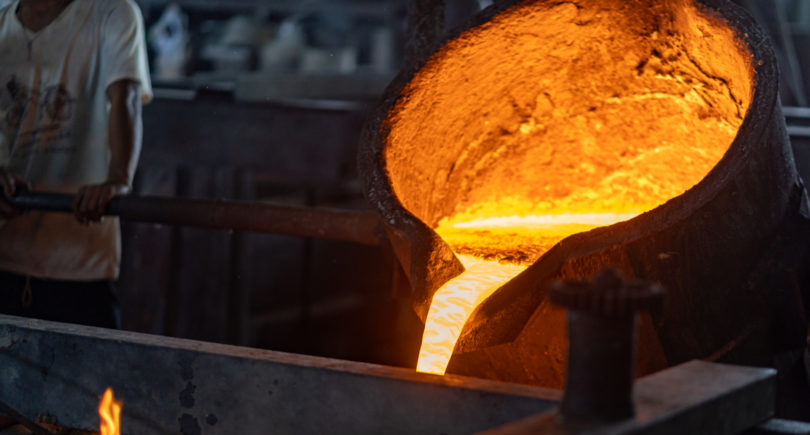
News Global Market WTO 737 12 December 2022
The United States does not intend to eliminate section 232 tariffs
On December 9, 2022, the World Trade Organization (WTO) recognized that tariffs on steel and aluminum, established by the administration of Donald Trump, contradict the rules of global trade. Argus.Media reports about it.
The organization’s three-person commission said that the US measures do not comply with WTO rules. They were not “taken in time of war or other emergency in international relations,” as required by Article XXI(b)(iii) of 1994’s General Agreement on Tariffs and Trade.
In a response, the office of US Trade Representative rejected the decision and stated that the WTO does not have the authority to inspect member countries on security issues. The office said, that overcapacity in China and other markets in these sectors remains a threat to the national security of the United States. Tariffs imposed by Donald Trump’s administration but extended under President Joe Biden have no intention of being lifted.
The decision was also criticized by the American Iron and Steel Institute, which said the WTO “has once again gone beyond its mandate”.
Accoding to Reuters, in 2018, the administration of Donald Trump introduced import duties at the level of 25% on steel and 10% on aluminum. The US appealed to Section 232 of the 1962 law, which allows the president to restrict imports if it threatens national security. Subsequently, free trade partners – Canada and Mexico – were exempted from them.
The US tariffs have prompted several WTO members to challenge the measure. On December 9, the WTO commission published conclusions in the cases initiated by China, Norway, Switzerland and Turkiye. Consideration of the cases initiated by India and the Russian Federation is still pending. In 2021, Washington agreed to eliminate tariffs on imports from the EU.
The US can also appeal the decision, which would render it legally null and void. The WTO Appellate Body has been inactive for three years because the United States has blocked the appointment of new judges.
As GMK Center reported earlier, the United States and the European Union discuss the possibility of the introduction of new customs tariffs for Chinese steel and aluminum as part of the fight against carbon emissions. The new system of safeguards proposed by US officials is also designed to address overcapacity problems that threaten the survival of the US and European steel industries.



